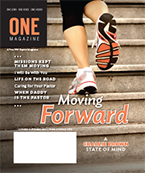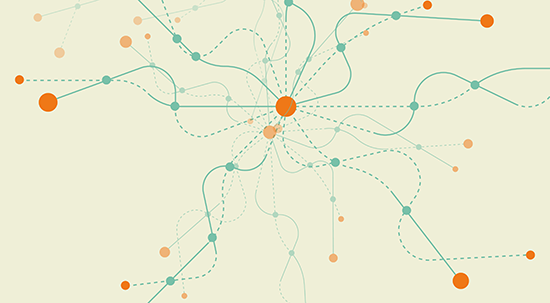
October-
November 2016
Moving Forward
------------------
|






Missions Kept Them Moving
By David Crowe
From the very beginning,
Free Will Baptists in America
had a strong missions emphasis. In the South, Paul Palmer and Joseph and William Parker planted churches in North Carolina and saw phenomenal growth from 1727 to 1755. In the North, Benjamin Randall, John Buzzell, John Colby, and David Marks planted churches and witnessed tremendous growth throughout New England. From the first church in New Durham, New Hampshire, founded in 1780, until 1808 (just before Randall’s death), 130 churches were planted in Maine, New Hampshire, Vermont, New York, Ohio, and Canada.
What was it that kept them moving and growing? Did they ever disagree? Did they ever argue and debate issues? By all means, yes! They argued more than modern-day Free Will Baptists. From time to time, they separated over issues. They had churches swept up by Calvinism, the Church of Christ, fanatics, and other outside influences. They fought over temperance, slavery, education, and whether to pay ministers. What was it that kept them moving and growing throughout the 18th and 19th centuries? I have come to the conclusion their burning desire to plant churches, win converts, and spread the gospel around the world kept them growing in spite of all the problems they faced.
With limited resources, few churches, few trained ministers or missionaries, and no help from other
denominational groups, in 1833 the northern movement organized the Free Will Baptist Foreign Missions Society.
John Buzzell was the first president, and in 1835 they held a commissioning service for two missionary couples going to serve in India. These two couples were Jeremiah and Mary Phillips and Eli and Clementine Noyes. They had been influenced by the missions work of Dr. Amos Sutton of the General Baptists in England, and he participated in the commissioning service. This service was attended by 3,000 people, and shortly after the service, the two missionary couples set sail for Balasore, Orissa, India. This was the birth of our modern international missions movement. In the first 45 years of its existence, the FWB Foreign Mission Society sent 39 missionaries to India and Bengal. That was tremendous when you consider what they had to work with, and this was accomplished at a time in history when not every denomination was sold on world missions.
Their desire to win the world for Christ moved them beyond the issues, the debates, and the problems. Aggressive soul-winning and church planting kept the movement alive, even after most of the northern Free Will Baptists were lost in the 1911 merger with the Northern Baptists (American Baptists). Even after many of the southern churches were lost to Calvinism, charismatics, and Church of Christ proselytizers, the movement continued until 1935 when God brought together a remnant of the northern churches that refused to merge, and a remnant of the southern churches that refused to be swept up by other groups.
The National Association of Free Will Baptists today is a continuation of a movement that began with the apostles and has a lineage down through history—a history and heritage that are glorious and great. If we are to keep moving and growing today, we must keep the emphasis on evangelism, church planting, and world missions! Through the combined and cooperative efforts of International Missions, WNAC, North American Ministries, Randall House, the Executive Office, the Board of Retirement, the Foundation, Free Will Baptist colleges, children’s homes, state associations, district associations, committees and boards, pastors and local churches, we must move forward beyond the issues and problems to win souls, plant churches, and carry out the Great Commission for world missions.
North American Ministries office continues to plant churches in the United States, Canada, Mexico, Puerto Rico, and the Virgin Islands. Our offering each November enables us to help church planters in many ways, as well as utilize the other areas of our ministry—Master’s Men, Church Revitalization, Church Extension Loan Fund, cross-cultural outreach, and the chaplaincy.
About the Writer: Dr. H. David Crowe is executive director for North American Ministries and an avid researcher of Free Will Baptist history.
|
|

